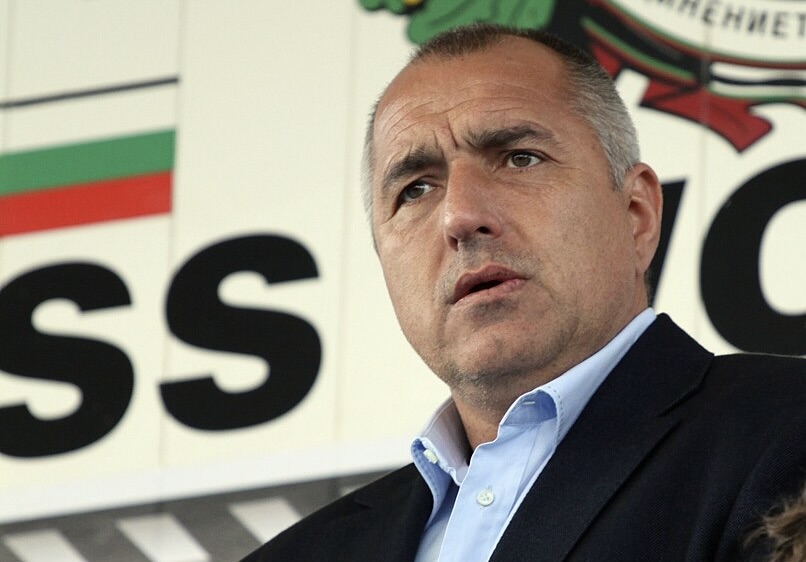By Dara Zheleva
Bulgaria goes to the polls for the sixth time in three years this Sunday, in an election that could see the return of former Prime Minister Boyko Borisov, whose earlier tenure was dogged by allegations of corruption.
Researchers report that public trust in government, political parties and institutions is low and declining. This reflects a broader European trend of disillusionment with democratic processes, particularly in post-communist states.
Despite strong public support for NATO and the EU, and a unified stance against Russia, Bulgarian political parties remain deeply divided on addressing endemic corruption, which extends to elections. The country has a recent history of vote-buying which shows no sign of ending.
“Bulgaria is facing a huge problem with the selling and buying of votes,” said a journalist going by the name Anna to protect her identity from authorities. “In the previous general elections, 28,000 citizens from just one district, Haskovo, were found to have been paid for their votes, some with money, others with promises of work. It’s no surprise that Boyko Borissov managed to stay prime minister for over a decade despite corruption scandals and widespread public disapproval.”
Another journalist, going by the alias Diana, said: “This is done through intermediaries of certain political parties. The price per vote is between BGN 50 and 100 (GBP 20 – 40).”
In addition to vote-buying, Bulgaria also suffers from low voter turnout. In the last general election, held less than a year ago, only 40 per cent of eligible voters participated, down from 83 per cent in the first post-communist election in 1991. According to Anna, the persistent low turnout shows that many Bulgarians have lost faith in the efficacy of their votes.
The constant churn of elections has not resolved Bulgaria’s political deadlock but has instead highlighted the lingering influence of entrenched interests and corruption from the communist era, said Diana.“The issue is extremely deep. The media has also been suppressed from reporting it, and I have witnessed that many times. The post-communist transition is still not finished.”
Feature Image: Boyko Borissov, who served as Bulgarian Prime Minister from 2009-2021, is campaigning to be re-elected. Photo Credit: Biser Todorov/Wikimedia Commons

